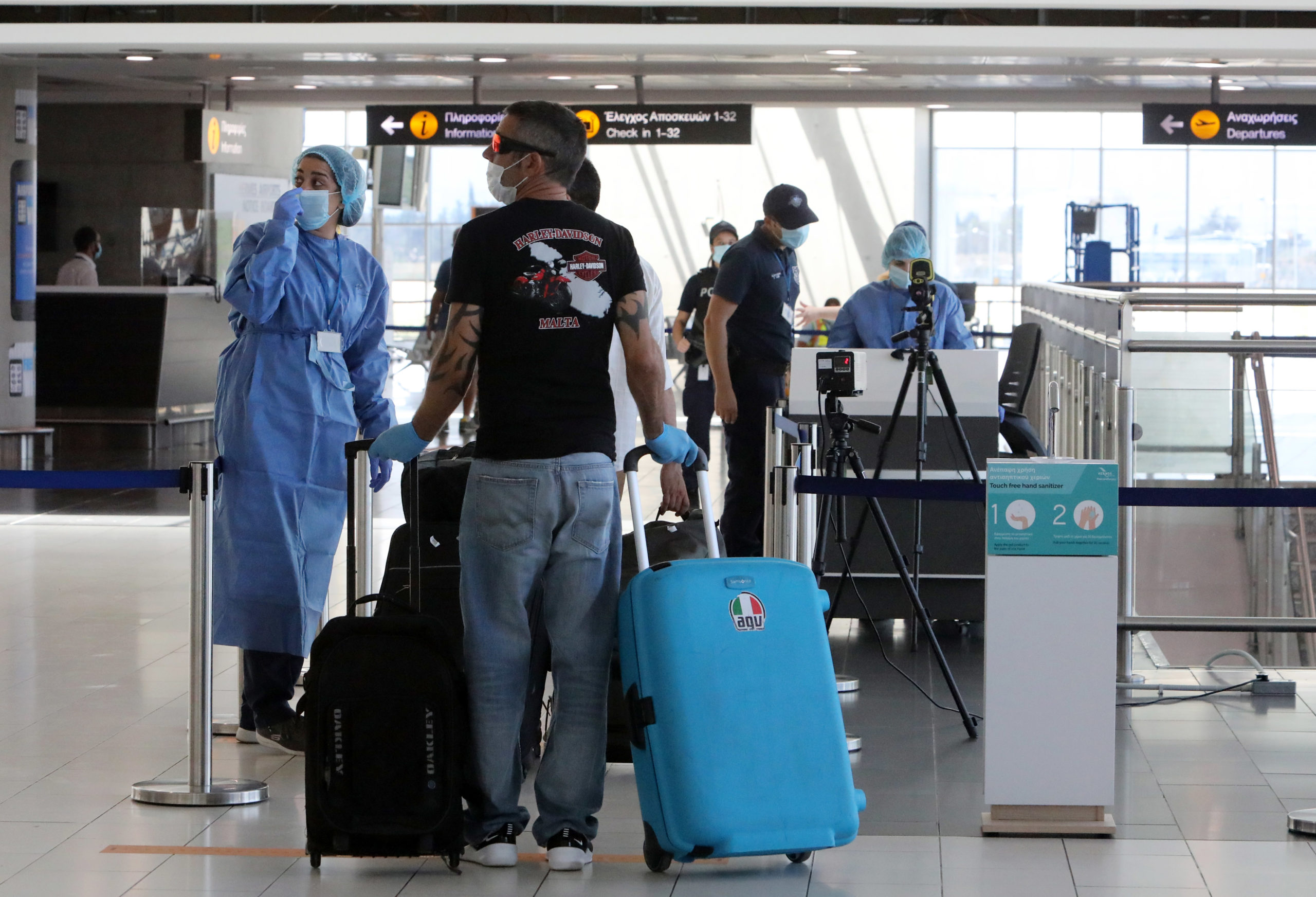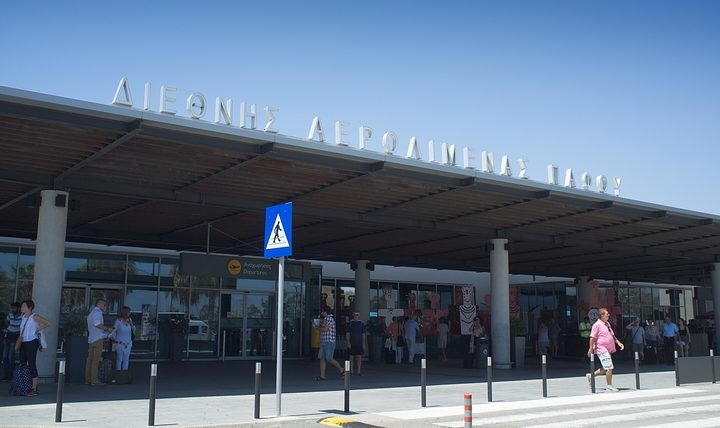Cyprus agreed on Friday to welcome tourists from its largest market the UK from 1 August if the country’s coronavirus outbreak remains on a downward trend.
Cypriot Health Minister Constantinos Ioannou said Britain would fall into a higher risk band of countries from which arrivals need to provide a negative COVID-19 test.
“Data regarding the UK has prompted us to decided that if the same good epidemiological picture continues to be observed, as of 1 August the country will be placed in Category B,” Ioannou told reporters after Friday’s cabinet meeting on the issue.
There has been pressure from hotels and other tourism stakeholders to give a firm date for when British visitors can return to the Mediterranean holiday island as UK arrivals make up 33 per cent of all tourists.
But as Russia and Israel – the island’s second and third-biggest tourist markets – are not among the European Union’s 15 ‘safe’ destinations list which means fellow member Cyprus will not allow them entry.
“Israel was not included in the list of 15 countries deemed safe by the European Union to allow entry, so there is no question that tourists will be coming from Israel,” said Ioannou.
“Russia’s epidemiological data is such that at this stage keeps it in Category C,” he added.
Combined the UK (33.5%), Russia (19.7%) and Israel (7.4%) contributed a combined 60.6% of all tourist arrivals to the island in 2019.
Cyprus had been banking on tourists from Israel reviving its battered tourism sector, as it was considered low risk when the airports reopened last month.
“We certainly had a big bet lot on this particular market, as we did on a lot of others. Unfortunately, this year everything is fluid, as the (COVID-19) situation is constantly changing,” said Tourism Minister Savvas Perdios.
Cyprus is marketing itself as a relatively safe holiday destination in the face of the coronavirus pandemic, with a transmission rate below one and a very low mortality rate.
The Mediterranean island’s main airport at Larnaca reopened to passengers for the first time since a ban on commercial flights was imposed on 21 March.
Normally at this time of year, the island fills with north European tourists drawn by its pristine Mediterranean beaches.
Cyprus allows tourists from 20-odd countries – including Germany, Greece, Austria – that are considered low risk to enter without needing a COVID-19 health certificate.
Another band of 13 category B countries – including France and Spain – are only allowed entry with proof they have tested negative to the coronavirus up to 72 hours before arrival.
There are no routine flights from countries that fall outside these two categories while arrivals not on the approved list must self-isolate for 14 days in Cyprus.
Cyprus updates the list of approved countries weekly based on the scientific data.
There are also temperature checks and random testing of travellers, free of charge when they arrive on the island.
To attract tourists to the island, the government has pledged to cover the medical costs of any visitor who tests positive for the coronavirus while enjoying a holiday on the Mediterranean island.
Authorities estimate that tourist arrivals this year, which had been projected at nearly 4 million before the coronavirus, will fall by as much as 70%, dealing a heavy blow to the sector which generates around 15% of the island’s GDP.
Revenue from tourism generated 2.68 bln euros in 2019, down 1 per cent from the previous year, bolstered by record arrivals of 3.97 million.
Cyprus says it has one of the lowest ratios of coronavirus cases per capita in Europe having tested around 12 per cent of its population.
The Republic of Cyprus has a total of 999 coronavirus cases and only 19 deaths.
Category A (no COVID-19 test required):
Australia, Austria, Croatia, Czech Republic, Denmark, Estonia, Finland, Germany, Greece, Switzerland, Japan, Hungary, Iceland, Latvia, Liechtenstein, Lithuania, Luxemburg, Malta, Norway, Slovakia, Slovenia, and South Korea.
Category B (COVID-19 test required):
Belgium, Bulgaria, France, Ireland, Italy, Lebanon, Jordan, Netherlands, Serbia, Spain, Poland, Romania, and the UAE.










